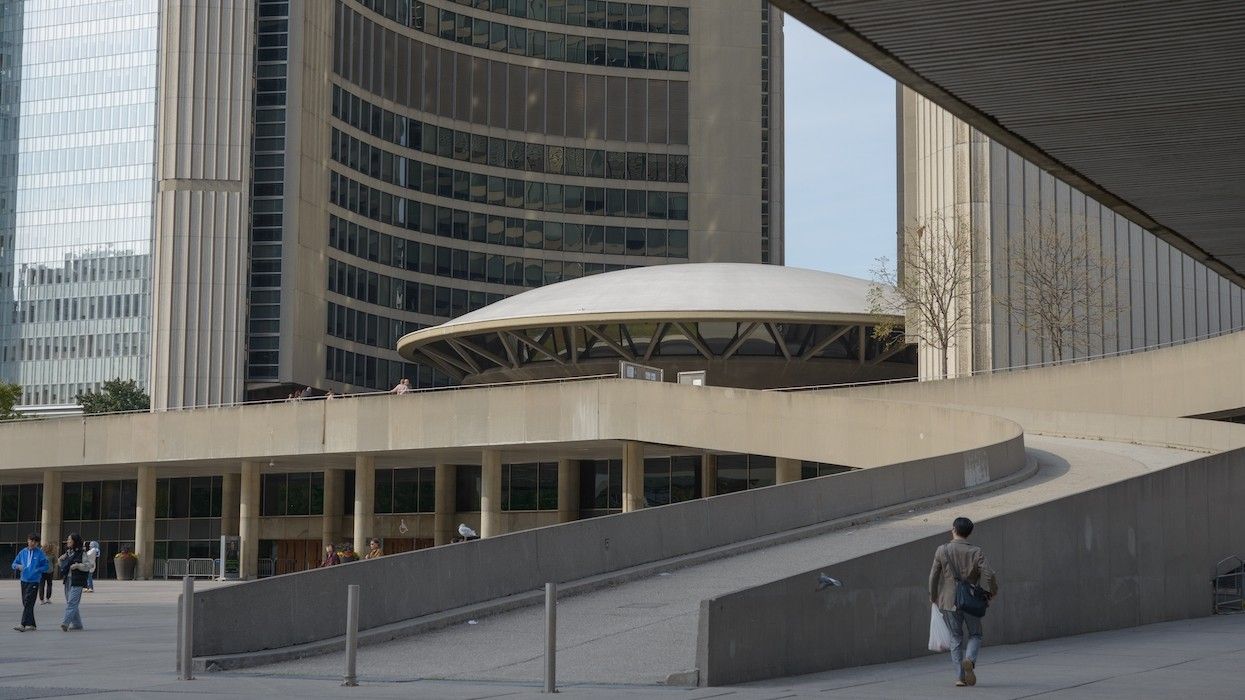The City of Toronto is determined to get more purpose-built rental housing into the pipeline and off the ground, according to a new staff report that was revealed to the public on Wednesday.
The report, called Build More Homes: Expanding Incentives for Purpose-Built Rental Housing, throws out some big numbers, and includes “actions to support the development of 20,000 new rental homes including up to 16,000 purpose-built rental homes and a minimum of 4,000 affordable rental homes,” a news release from the City says. The report has been prompted by a “consultation and analysis by city staff” that shows that government action, to date, has not “proven sufficient” in drumming up supply at the pace that it’s needed.
To help meet those targets, the report implores City Council to consider a new Purpose-Built Rental Homes Incentive, which would be “developed and initiated by the City in partnership with all orders of government,” and is meant to help advance Toronto’s pledge of 285,000 housing starts by 2031 and target of 41,000 affordable rental homes, as well as its targets under the federal Housing Accelerator Fund and the provincial Building Faster Fund.
Pending Council’s approval, the first phase of the program would see the City “immediately release a call for applications to identify and approve 7,000 new rental homes, including 5,600 purpose-built rental homes and at least 1,400 affordable rental homes, through its own resources,” according to the release.
Projects that qualify for the proposed incentive would receive “an indefinite deferral” of development charges, so long as they remain rental in tenure (estimated at $37,636 per unit), a “recommended” property tax reduction of 15% for 35 years (estimated at a total of $20,396 per unit), and “full financial incentives, including foregone taxes and fees for affordable rental units” (estimated at $97,264 per unit).
The criterion for qualifying for the proposed incentive are pretty much what you would expect: projects be would be required to include at least a 20% share of affordable rental units that meet the City’s income-based definition of affordable housing, and they must stay affordable for at least 40 years (up to 99 years). In addition, projects would have to begin construction by the end of 2026 in order to qualify.
Another recommendation that will go to Council is the approval of a new Multi-Residential Property Tax Subclass that would provide a municipal tax rate reduction of 15% for eligible rental developments through the 2025 budget. “This tax reduction will apply to all new rental housing, providing an efficient tool to support and encourage rental housing growth,” says Wednesday’s release.
City staff is further asking Council to seek funding from the provincial and federal governments to help bring these goals to fruition, including a “Build More Homes Rebate, estimated at $1 billion equivalent to the value of development charges and 85% of the value of property taxes for 35 years” (from the Province), and the immediate allocation of “a $7.3 billion portfolio of low-cost financing” (from the Feds).
City Council is due to consider the report and its recommendations on November 13 (subject to the actions of the Executive Committee on November 5).





















